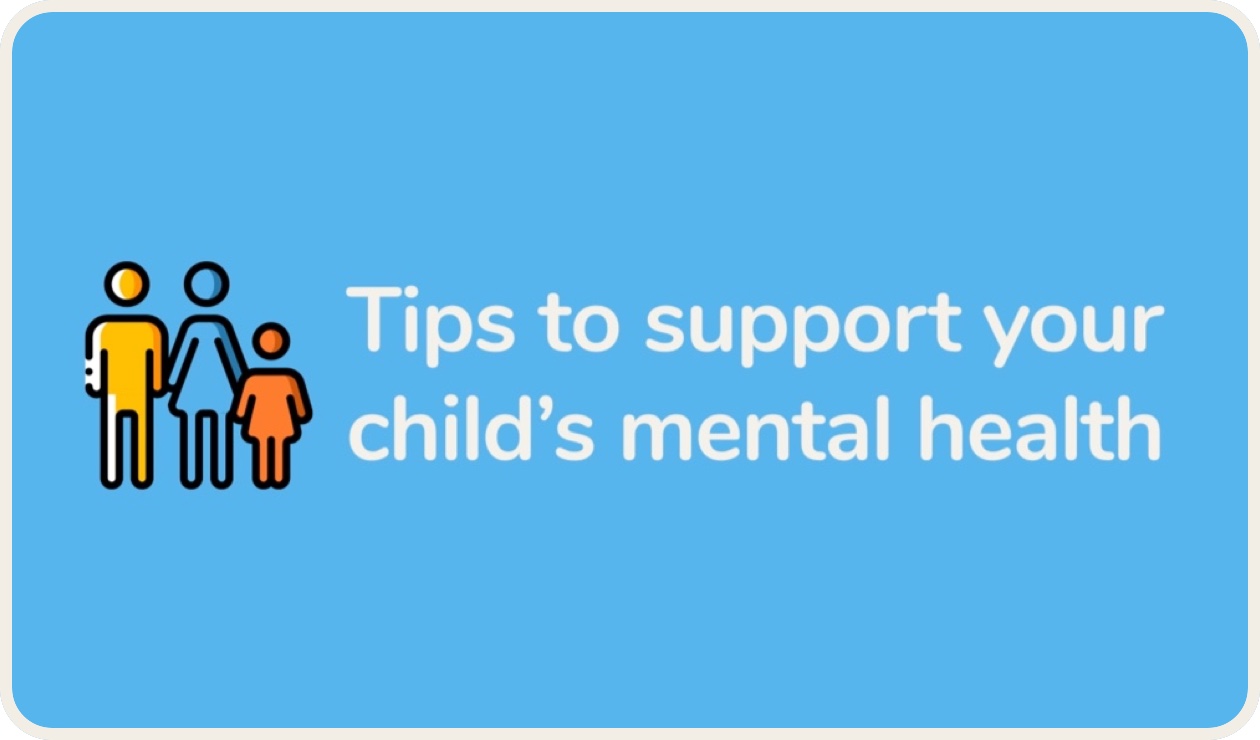Depression is common — and treatment works. Learn about the different ways depression is treated.


Act early: signs of childhood mental health issues
It’s never too early to talk to your child about mental health concerns. Knowing the signs will help both of you manage what comes next — and stay healthy.
Know the signs
Children of all ages can experience mental health conditions. As many as 7.7 million youth aged 6 to 17 experience a mental health condition each year, including problems with anxiety, behavior and depression*. But these conditions are treatable and may even be preventable with early care and support from parents and adults.
First, know the signs. It may not be obvious that your child is struggling, so learn the symptoms of mental health conditions so you can act early. If you are worried about your child, Child Mind Institute’s Symptom Checkerexternal is a tool to learn more about your child’s behavior by answering a series of questions.
From there, be prepared to:
- Learn where to go for help. Research all the mental health coverage, tools, and resources available through your health care provider and employer. The American Academy of Child and Adolescent Psychiatry has an online guideexternal to common childhood mental health challenges. Other public resources include online assessments and mobile apps to support a range of mental health conditions. And there are many crisis lines that provide immediate access to trained professionals and peers by phone.
- Take them seriously. If you notice a problem or your child comes to you with concerns, listen carefully. Get more information about their symptoms and how they’re feeling. If you think they might be considering hurting themselves, don’t be afraid to ask, “Are you having thoughts about wanting to disappear or die?” Asking the question will not put the idea in their head — it may save their life.
- Seek help immediately in an emergency. Your child may be in a mental health crisis if their behavior is very different from normal, if you feel the situation is getting out of control, or you believe your child might harm themselves or others. Do not try to handle it alone. Go to your nearest emergency department or call 911.
Mental health conditions are medical conditions. If your child is showing persistent symptoms that do not improve with careful listening and support, consider contacting a care provider. Your child’s primary care physician can help with assessments and screenings.
Mental health care includes a range of services, and your health care provider will work with you to determine the appropriate treatment based on your child’s needs.

*Daniel G. Whitney, PhD, Mark D. Peterson, PhD, “U.S. National and State-Level Prevalence of Mental Health Disorders and Disparities of Mental Health Care Use in Children,” Journal of the American Medical Association Pediatrics, February 2019, https://jamanetwork.com/journals/jamapediatrics/fullarticle/2724377?guestAccessKey=f689aa19-31f1-481d-878a-6bf83844536a






